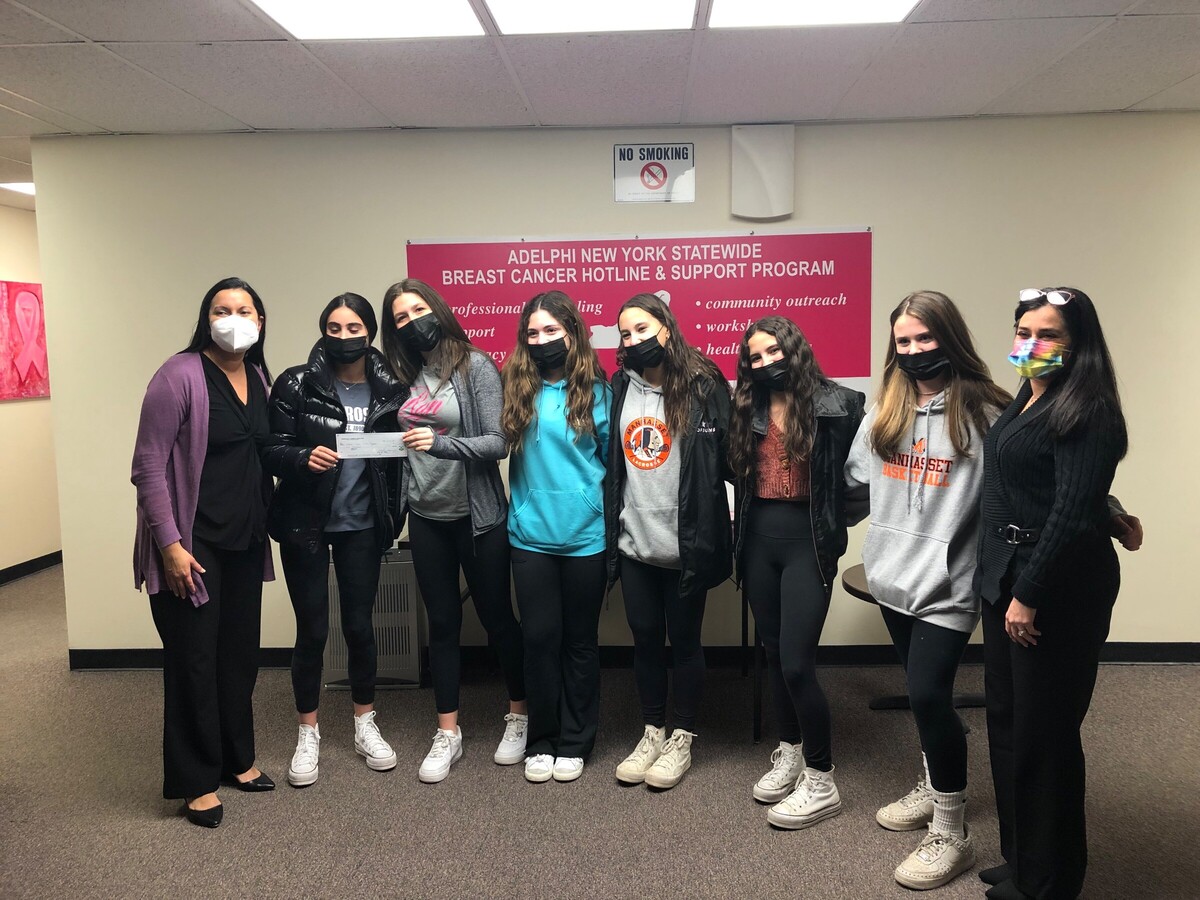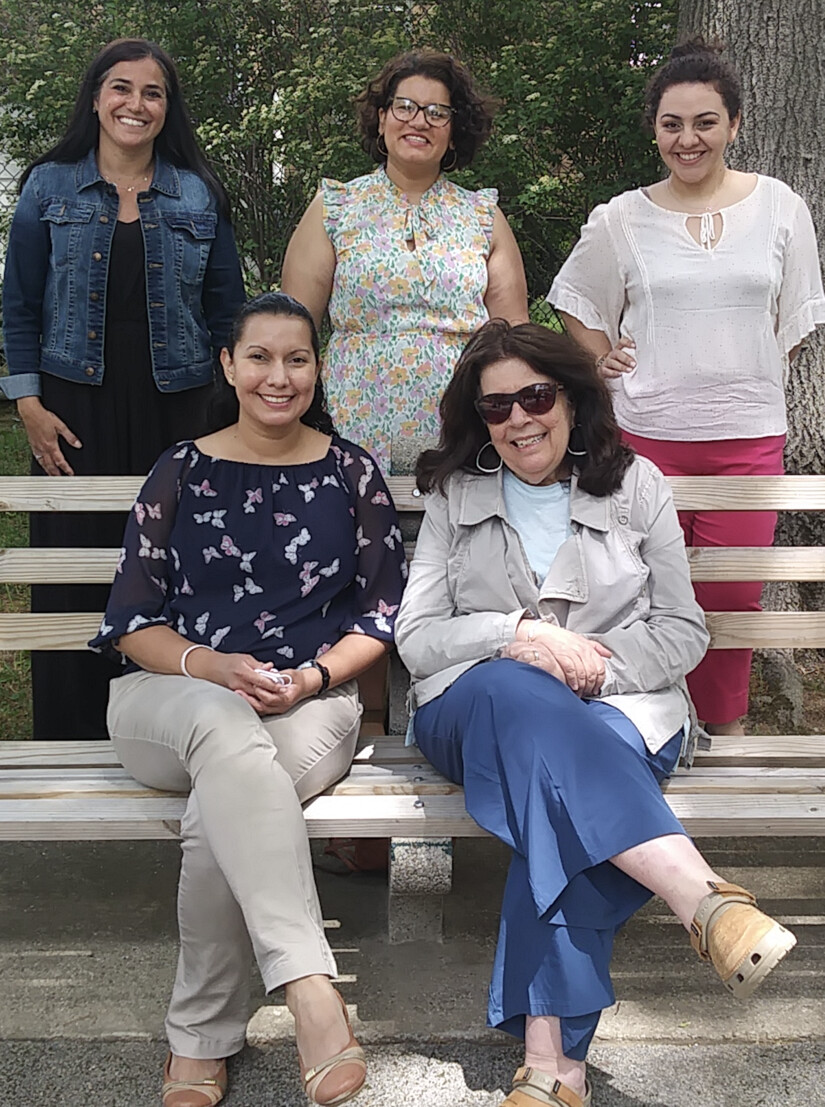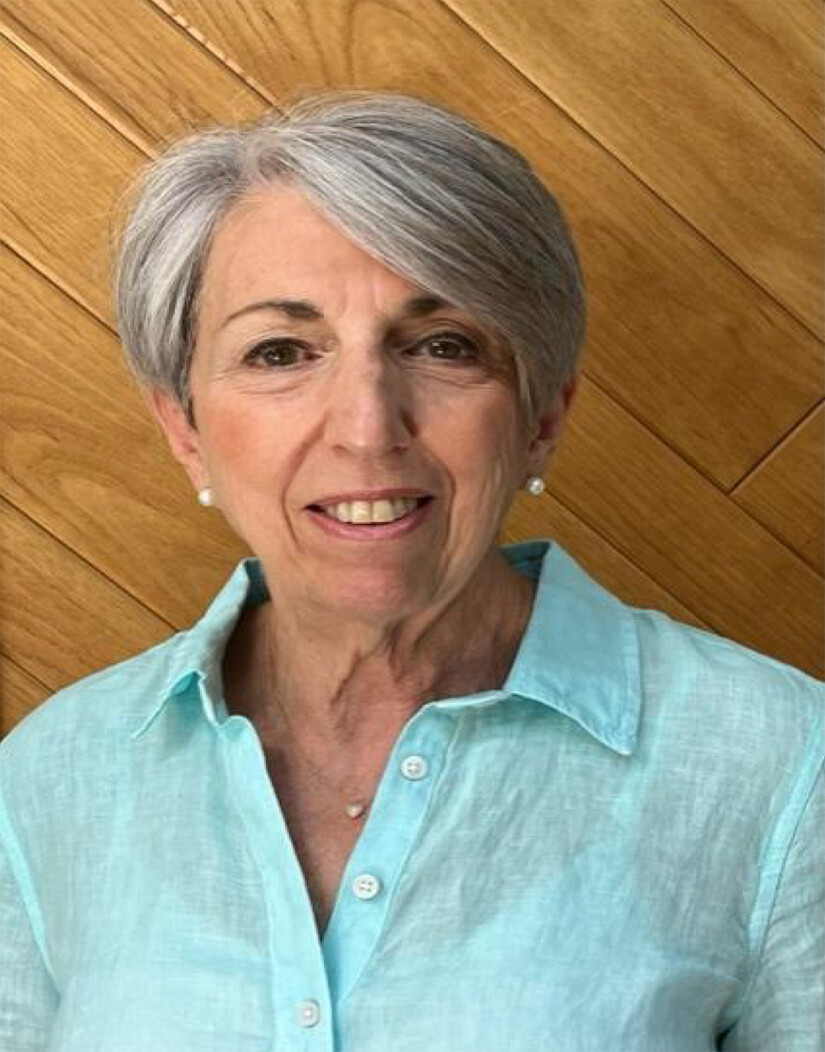Image


Healthcare professionals and survivors alike stress the importance of annual mammogram screenings as the fight against breast cancer continues.
While prevalent in women who are older, one in eight women will be diagnosed with breast cancer during her lifetime, according to the Centers for Disease Control and Prevention.
“I was feeling great, so, I didn’t think that there was any reason to worry about my health,” said Janet Spool, who was diagnosed with breast cancer in 2016 at the age of 67.
Spool had gone in for her yearly physical and collectively made a decision with her medical provider to conduct a breast exam. “I thought, yes sure, I’m here, I might as well,” said Spool, knowing she had her annual mammogram scheduled for the following week.
When the results came back, Spool was informed that there was a thickening in her left breast and therefore had to go in for further testing. She was in a state of being that she could only describe as “incredulous.”
But it was after a mammogram, a sonogram, and a biopsy confirmed that she was diagnosed with invasive ductal carcinoma or ‘IDC’ that Spool was in complete shock.
“I didn’t think that I would be a candidate,” said Spool. “ I was a pretty healthy woman.”
From her diagnosis to her remission, Spool said that it was the support of her friends and family that helped her get through her journey with breast cancer. One experience being her children and husband being adamant about going to her appointments with her for support.
Another source of support for Spool was working with the Adelphi NY Statewide Breast Cancer Hotline & Support Program. She explains that “everyone in the program was so supportive” and that it is a support that is different from that of one's family in that they were able to validate what she was going through because they themself have tread that path before.
The program, which began in the school of social work as a support group for women who had had a mastectomy in the 1980s at a time when breast cancer was not talked about. The support group then expanded its service to becoming a hotline by the name of women to women,
“From the hotline the program really grew,” said Reyna Machado, the director for the Adelphi NY Statewide Breast Cancer Hotline & Support Program.
The 42 year-old program provides several services such as licensed social workers that provide individual and family counseling as well as a variety of support groups in English and Spanish. They provide educational forums on a variety of topics all year round. As well as providing volunteer training once or even twice a year for shifts on their hotline.
Through a program called sisters united in health which provides community outreach, breast health workshops, and referrals. These services are free and confidential irrespective of the person's immigration or insurance status.
They also have bilingual social workers who go onsite at Nassau University Medical Center to talk to the newly diagnosed breast cancer patients in their breast and oncology clinic.
 The Adelphi hotline’s spanish speaking staff (source: Adelphi NY Statewide Breast Cancer Hotline & Support Program).
The Adelphi hotline’s spanish speaking staff (source: Adelphi NY Statewide Breast Cancer Hotline & Support Program).Machado also stresses the importance of including men in the conversation about breast health. Although they are in the minority when it comes to being diagnosed, she finds it important to still provide support for men who are diagnosed.
For her, working with this organization is about giving back to society and that it is the “women and the men'' who inspires her. She said that the volunteers are the heart and soul of the program and they are so selfless and giving of their time and experience as well as the staff who are very dedicated to the work that they are doing.
According to the World Cancer Research Fund International, breast cancer is one of the most common cancers in women worldwide.
The 2020 breast cancer data from the World Cancer Research Fund International showed the top 10 countries that had the highest incidence and Belgium was depicted to be number one.
|
Rank |
Country |
Number |
ASR/100,000 |
|
World |
2,261,419 |
47.8 |
|
|
1 |
Belgium |
11,734 |
113.2 |
|
2 |
The Netherlands |
15,725 |
100.9 |
|
3 |
Luxembourg |
497 |
99.8 |
|
4 |
France |
58,083 |
99.1 |
|
5 |
France, New Caledonia |
185 |
99.0 |
|
6 |
Denmark |
5,083 |
98.4 |
|
7 |
Australia |
19,617 |
96.0 |
|
8 |
New Zealand |
3,660 |
93.0 |
|
9 |
Finland |
5,228 |
92.4 |
|
10 |
US |
253,465 |
90.3 |
Table shows the global breast cancer incidence in women in 2020 (source: World Cancer Research Fund International).
However, this completely differed from the countries that had the highest mortality rate in 2020. According to the World Cancer Research Fund International, Barbados had the highest rate of breast cancer mortality in women, followed by Fiji.
|
Rank |
Country |
Number |
ASR/ 100,000 |
|
World |
684,996 |
13.6 |
|
|
1 |
Barbados |
111 |
42.2 |
|
2 |
Fiji |
184 |
41.0 |
|
3 |
Jamaica |
637 |
34.1 |
|
4 |
Bahamas |
80 |
31.0 |
|
5 |
Papua New Guinea |
847 |
27.7 |
|
6 |
Somalia |
1,189 |
27.2 |
|
7 |
Mali |
1,425 |
26.6 |
|
8 |
Dominican Republic |
1,577 |
26.4 |
|
9 |
Syria |
1,946 |
26.2 |
|
10 |
Samoa |
21 |
25.6 |
This table shows global breast cancer mortality in women in 2020 (source: World Cancer Research Fund International).
This shows that there isn’t a linear correlation between being diagnosed with breast cancer to a certainty of that diagnosis leading to death. As these tables have demonstrated, the countries where the incidence rate is higher were not the same countries that had the highest mortality rate; There may be other factors that affect survivorship pertaining to breast cancer.
According to the Centers for Disease Control and Prevention, though breast cancer screening cannot prevent breast cancer, it can help find breast cancer early, when it is easier to treat.
Jana Deitch, the director of breast health and a general surgeon at St. Catherine of Siena Medical Center said that it is important for women over 40 to get their mammograms every year.
As for women who are under the age of 40-years-old Deitch said that it is important to have a “formal assessment by their doctor and/or gynecologist to determine whether they are average risk or high risk for breast cancer.”
If patients are at average risk, Deitch said that they are recommended to have “ their yearly breast exams at a gynecologist and self-breast awareness” to know what their normal breasts look and feel like and then begin mammograms starting at age 40.
“If patients are at high risk, they are recommended to see a specialist to do another in-depth risk assessment and determine the specific changes in the screening that the patient needs,” said Deitch.
For those who may be afraid of going to get their yearly mammograms Deitch said that “a mammogram takes seconds of discomfort” and “if you have cancer and you don’t go for the mammogram you still have cancer.”
She explains that by finding it sooner you will heighten your chances of having a better outcome, a better prognosis, and hopefully less invasive treatment.
 Janet Spool, current Hotline volunteer, 6-year survivor (Source: Adelphi NY Statewide Breast Cancer Hotline & Support Program).
Janet Spool, current Hotline volunteer, 6-year survivor (Source: Adelphi NY Statewide Breast Cancer Hotline & Support Program).Whether it is Janet Spool, a breast cancer survivor of 6 years who is now an outreach volunteer with the Adelphi breast cancer hotline; Reyna Machado, a leader in the fight to providing support and adequate care for both breast cancer survivors and those currently going through their journey; or Jana Deitch, a doctor working on the front lines of providing care to breast cancer patients, it all about providing support and raising awareness against the fight for breast cancer.
“I grew up on Long Island so I had a lot of family and a lot of friends who were affected by breast cancer and specifically a family member who died from breast cancer, ” said Deitch. “So, I always wanted to do better for the patients and make a difference in their lives.”
The Adelphi NY Statewide Breast Cancer Hotline & Support Program is hosting a spirituality forum on Monday Nov. 14th at 4:00 p.m. on zoom and will offer a live Spanish language interpretation.
The Adelphi NY Statewide Breast Cancer Hotline & Support Program can be reached at 800.877.8077.
“Breast cancer happens all year round," said Machado, “It’s important to remember you’re not alone.”
Link to Zoom: https://breast-cancer.adelphi.edu/au_event/spiritualityfaithandbreastcancer/